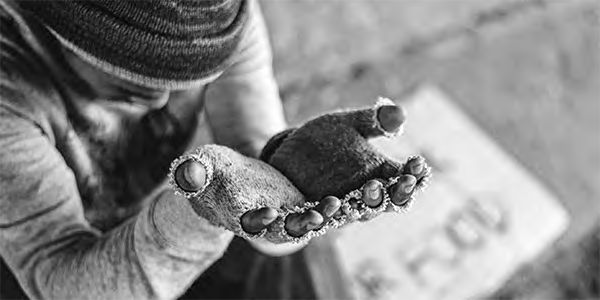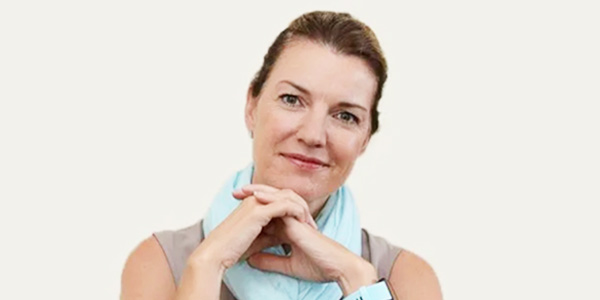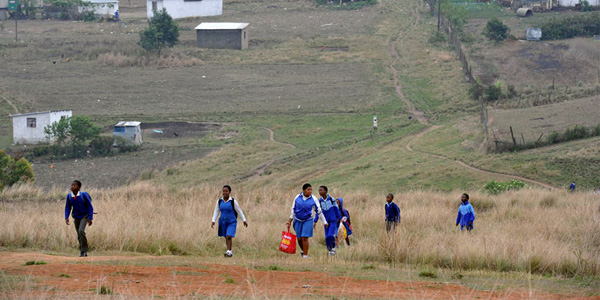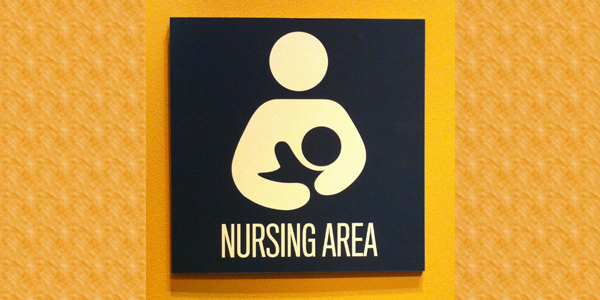
Living in food insecure households associated with poor mental health – SA study
To ensure adequate food, one in five South African households revealed that they had to send someone to beg for food.

To ensure adequate food, one in five South African households revealed that they had to send someone to beg for food.

Baby formula companies use nefarious and exploitative methods to create an artificial demand for their products, thereby undermining breastfeeding.

A new study reveals that South Africans suffer higher rates of probable depression and anxiety than other countries.

A new study reveals astounding levels of social vulnerability in South Africa, which is linked to food insecurity.

The stories, people and science behind Africa's largest longitudinal study have been captured in a book by Wits Distinguished Professor Linda Richter.

The Birth to Thirty (Bt30) study in Soweto is Africa’s largest and longest-running birth cohort study.

The benefits and risks of the digital environment on children’s mental health should be balanced. How to get it right.

Twelve Wits researchers are contenders for the prestigious NSTF-South32 Awards for 2021/2022, four of whom were nominated in two categories each.

South Africa should introduce regulations that mandate the nutritional labelling of fast foods. This will help consumers make informed dietary choices.

A study into fast food nutrition labelling found that just 58% of SA’s biggest fast food retailers surveyed provide nutritional information on their products.

Wits Hero Dr Lisa Ware has first-hand experience of what can happen when youth are without hope.

Gauteng has one of the highest number of young people who are not in employment, education or training.

In June the DSI-NRF Centre of Excellence in Human Development conducted a snap online survey of 1,000 South Africans across the country, aged between 18 and 55.

In June the DSI-NRF Centre of Excellence in Human Development conducted a snap online survey of 1,000 South Africans across the country, aged between 18 and 55.

Malnutrition during the first 1000 days of life can cast a long shadow over a person's life.

The DSI-NRF Centre of Excellence in Human Development at Wits helped develop the 15th issue of the South African Child Gauge®.

Professor Shane Norris has been elected as a Fellow of the African Academy of Sciences (AAS) for his work on the developmental origins of health and disease.

Seven of our CoE-HUMAN students participated in the Wits Famelab training and heats between 11 and 12 March 2020.

The DSI-NRF Centre of Excellence in Human Development is pleased to announce the publication of a new book

The CoE-HUMAN wishes its community a restful and restorative holiday period. We close on December 13, 2019, and will reopen again on January 8, 2020. What a yea

This CoE has supported the production and planning of the Child Gauge since 2015.

Over 40 Wits alumni, students and staff members were included in the 2019 Mail and Guardian Top 200 supplement.
Wits researchers have contributed to a Lancet series on gender equality, norms and health, which was launched on 10 June 2019.

Breastfed babies are healthier and smarter than formula-fed babies yet these benefits still do not translate into policy and practice.

A country’s wealth goes hand in hand with its Gross Domestic Product (GDP), which is the market value of goods and services over a defined period of time.

The first 1000 days of life – the period from conception to the age of two – are pivotal for any human being’s development.

Despite all these benefits, only 38% of babies are exclusively breastfed across the world.